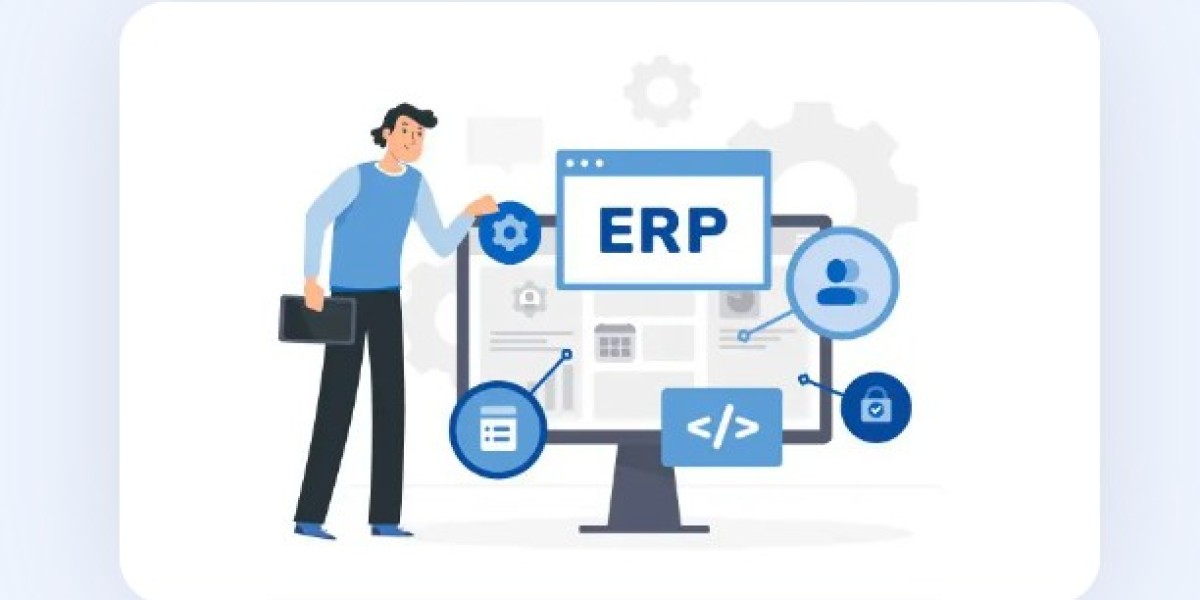Over the years, ERP software development has undergone a significant evolution, transitioning from traditional legacy systems to the cloud-based solutions that dominate the market today. This article explores the journey of ERP software development, highlighting key milestones and the benefits that cloud-based ERP solutions bring to modern businesses.
The Era of Legacy Systems
In the early days of ERP software development, businesses relied heavily on on-premises, monolithic, and often customized systems. These legacy ERP systems were complex, expensive to implement, and required substantial maintenance. They typically involved long deployment cycles and a substantial upfront investment in hardware and software licenses.
Challenges with Legacy ERP Systems
Limited Accessibility: Legacy ERP systems were confined to physical office locations, making it challenging for remote or field-based employees to access crucial business data.
Scalability Issues: Expanding or modifying legacy systems was a complex and time-consuming process, making it difficult for businesses to adapt to changing needs.
High Maintenance Costs: Ongoing maintenance and updates were costly, both in terms of time and money, as they required dedicated IT resources.
Data Silos: Data often remained siloed within different departments, hindering real-time collaboration and decision-making.
The Emergence of Cloud-Based ERP Solutions
The turning point in ERP software development came with the advent of cloud computing. Cloud-based ERP solutions offered a compelling alternative to traditional systems. Here's how cloud-based ERP solutions transformed the landscape:
Cost-Efficiency: Cloud-based ERP eliminates the need for extensive on-premises infrastructure, reducing capital expenditure and ongoing maintenance costs.
Accessibility and Mobility: Cloud ERP can be accessed from anywhere with an internet connection, enabling remote work and better supporting mobile workforces.
Scalability: Cloud-based solutions are inherently scalable, allowing businesses to adjust their resources and features as needed, making them ideal for both small startups and large enterprises.
Security and Data Management: Cloud providers invest heavily in security measures, often surpassing what individual businesses can achieve. Data is stored securely, with built-in disaster recovery capabilities.
Automatic Updates: Cloud-based ERP solutions receive regular updates and enhancements, ensuring that businesses always have access to the latest features and security patches.
Integration Capabilities: Cloud ERP systems can easily integrate with other cloud services, enabling businesses to create seamless ecosystems of software tools.
Benefits of Cloud-Based ERP Solutions
Cost Savings: Businesses can significantly reduce their IT infrastructure costs and shift to a subscription-based pricing model.
Flexibility: Cloud ERP solutions are flexible and can adapt to changing business needs and market conditions.
Improved Collaboration: Real-time data access and collaboration tools enhance communication and decision-making.
Enhanced Security: Robust security measures offered by cloud providers help protect sensitive business data.
Global Reach: Cloud ERP allows businesses to expand globally with ease, as data can be accessed from anywhere in the world.
Conclusion
The evolution of ERP software development from legacy systems to cloud-based solutions has brought about a paradigm shift in how businesses operate. Cloud-based ERP solutions offer accessibility, scalability, cost-efficiency, and security that legacy systems could not match. As technology continues to advance, cloud-based ERP solutions are likely to become even more integral to businesses of all sizes, enabling them to thrive in an ever-changing business landscape.



